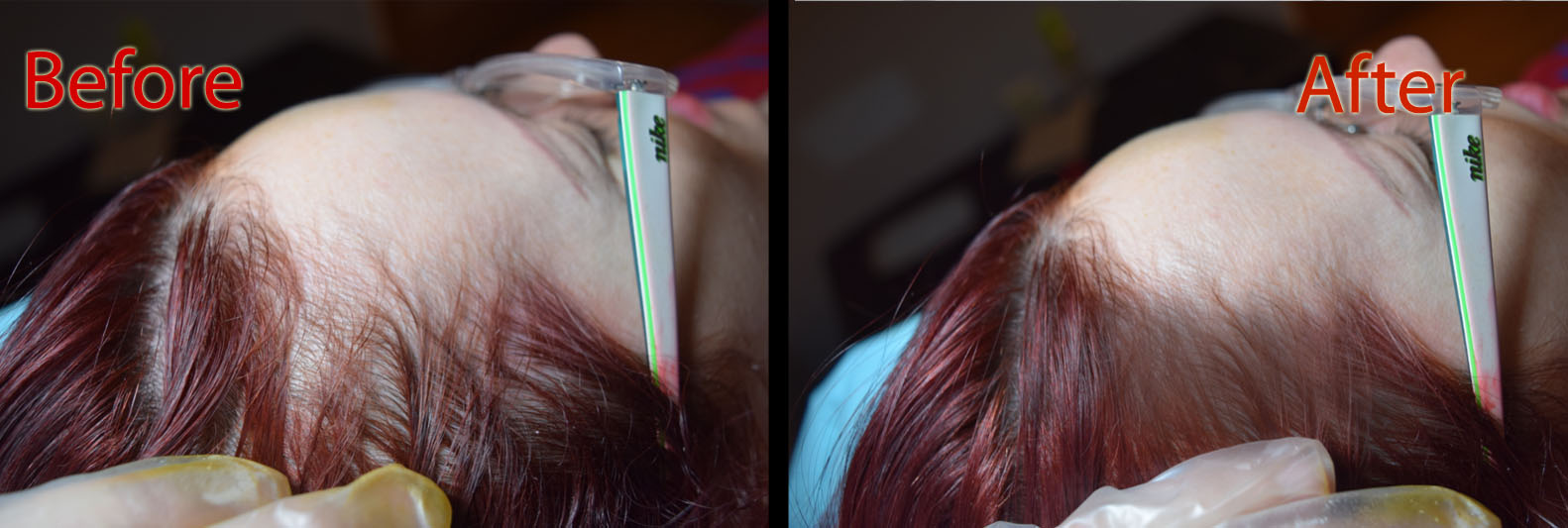There is no conclusive evidence linking veganism and hair loss. However, vegans may be at a higher risk of certain nutritional deficiencies, which may contribute to hair thinning or shedding if not managed properly.
Veganism and Hair Loss Connection
The main reasons a vegan diet may be associated with increased hair loss risk include:
Protein deficiency
Protein is crucial for hair growth. Vegans need to ensure they are getting enough protein from plant-based sources like legumes, grains, nuts, and seeds to increase their protein intake.
Iron deficiency
There are two types of iron – heme and non-heme. While heme iron from animal sources is easy for the body to absorb, the story is different in the case of non-heme iron, which is not absorbed correctly. Since iron is crucial for hair cell production, vegans may need to focus on diets that make iron absorption easier. One way of doing so is combining iron with vitamin C.
Zinc deficiency
Zinc plays a role in tissue growth and repair, including hair follicles. If your vegan diet lacks zinc, you could be a victim of hair loss.
However, there are some excellent vegan zinc sources. This includes legumes, nuts, seeds, and whole grains.
Vitamin B12 deficiency
You need to take B12 in supplement form as vegan sources lack this essential vitamin critical for red blood cell production. Look for vegan foods fortified with cobalamin.
Essential fatty acid deficiency
Fatty acids are essential for overall health and well-being. Your hair is no exception. Omega-3s help nourish hair and scalp. while fish oil is loaded with omega-3, some vegan sources include chia seeds, flaxseed, olive oil, and walnuts.
As long as you eat a balanced vegan diet meeting all your nutritional needs, it should not cause hair loss. A vegan diet becomes a problem when it is extremely restrictive, and your body does not get adequate nutrients to support healthy hair growth.
Other causes linking veganism and hair loss
Rapid weight loss
Extreme or sudden weight loss can trigger hair loss regardless of diet. For vegans, it is more common as these diets are more restrictive and may lack adequate nutrition.
Underlying medical conditions
If you are suffering from a specific medical condition like an underactive thyroid, you are more likely to experience hair loss. The problem may continue despite your turning a vegan.
How To Prevent Hair Loss on a Vegan Diet
Nutrient-rich foods
Choose fortified plant milk, leafy greens, nuts, seeds, lentils, legumes, and whole grains for optimal nutrition.
Consider Supplements
Get yourself tested for any specific nutritional deficiencies if you are a vegan, and then consult a doctor or registered dietitian to discuss if vitamin supplements are necessary.
While a vegan diet can contribute to hair loss, it’s not the only factor. Planning your meals and addressing potential deficiencies can help prevent problems.
Hair loss can also be related to genetics, stress, and other lifestyle factors. Consider a holistic approach to hair health.
Welcome scalp micropigmentation
If hair loss is a burden that you want to shed, go for scalp micropigmentation. The technique works even if there is a connection between veganism and hair loss.
A non-invasive hair loss treatment alternative, SMP is a cutting-edge hair restoration technique that does not stimulate hair growth but helps camouflage hair loss.
But only the best SMP practitioners in Scottsdale can help if you seek a solution to your hair loss problem. Avoid inexperienced tattoo artists. They lack SMP skills. Look for scalp experts in Scottsdale, available at DermiMatch Clinic.

